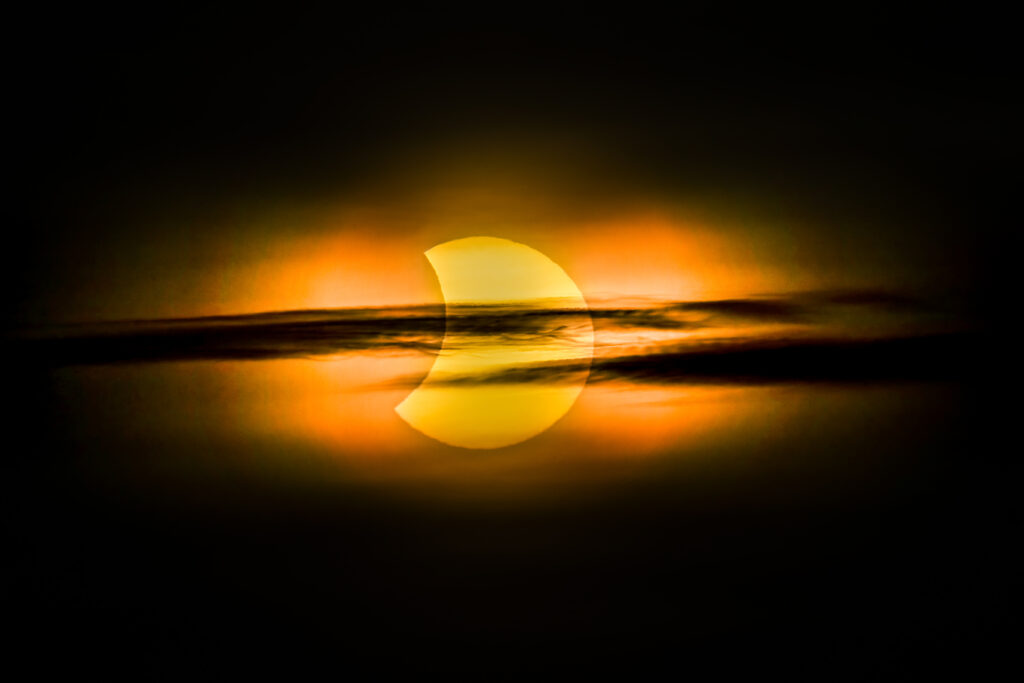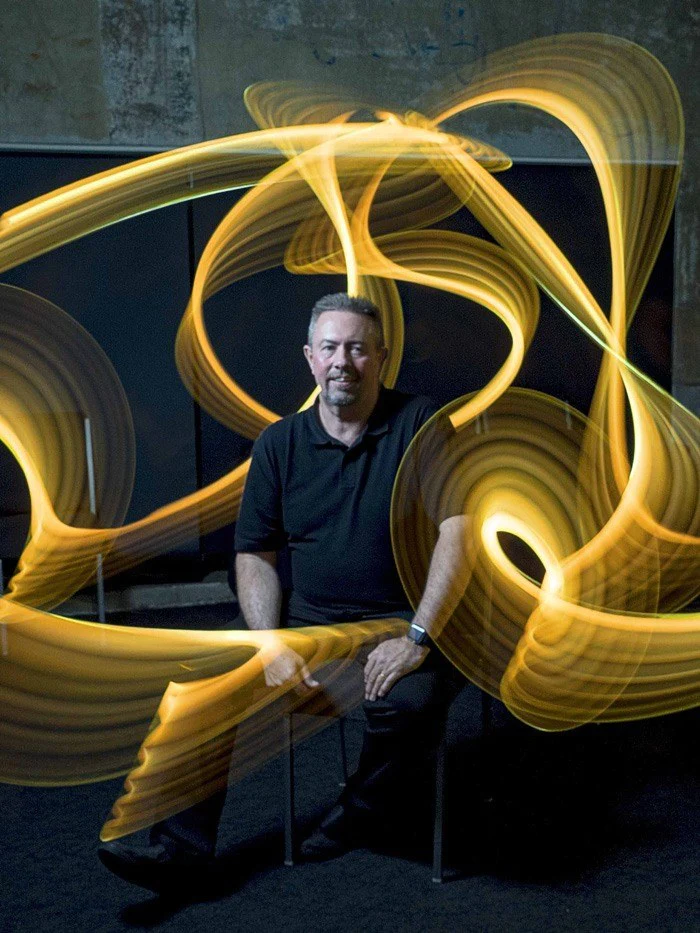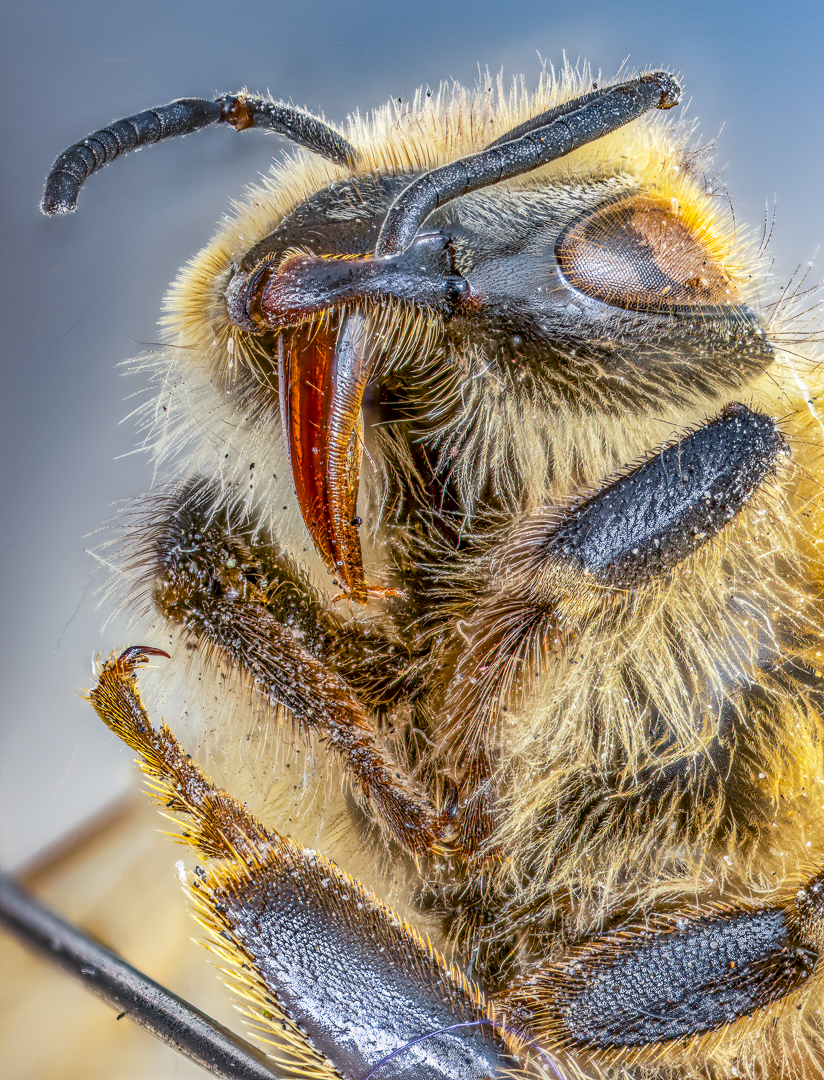Ethical has become a buzzword for this decade. From ethical farming to ethical fashion, many industries and indeed businesses are jumping on the ethics bandwagon. So is there such a movement in photography or, indeed, do we need such a movement?
We are not exempt from our moral responsibilities as photographers. So how can we apply ethics to our own photography without sounding like moral crusaders?
Here are some of my thoughts.
Photographing People
People are possibly the most fascinating subjects we photographers have. The sheer diversity of ethnicity, character, and age is a rich vein of photographic possibility. However, we do have a moral duty to make sure that people we are photographing are comfortable with us doing it.
Street and candid excepted, sticking a camera in someone’s face without communication or permission is offensive to them and paints us photographers in a bad light. This is most often the case when we travel. Just because the people in a location look or behave differently to us, is no reason not to treat them with the same dignity we would at home.
Asking permission to take a photo can be quite difficult for the inexperienced or introvert. However, a smile and gesture are often all you need to get permission. If you don’t get acceptance or you encounter hostility, apologize and back off. There will be plenty of other opportunities.

Respecting Your Location
This has become a huge issue in the Instagram age. I know that the vast majority of us here are not narcissistic selfie creators looking to boost our online status. However, that does not exempt us from taking care of the environment in which we are shooting.
One particular example of this sticks in my mind. I was in Prague shooting on the famous Charles Bridge and saw a well-equipped photographer climb all over the 700-year-old monuments to get above the crowds for a shoot. This is a prime example of not respecting the location, and it can be applied to anywhere we shoot.
Antarctica and indeed many protected wildernesses often use the phrase, “take nothing but photos, leaving nothing but footprints”. Its a rare example of a cliche that we should really try to abide by wherever we shoot – rural, urban or wilderness.

Equipment Purchases
By and large, the major photographic manufacturers have avoided the pitfalls of other large electronic firms. Companies such as Apple and Samsung have been accused of unethical working practices for their staff, usually in developing countries. This doesn't seem to have been an issue in the photographic industry, perhaps because of the much smaller size of the market. However, there are many ancillary products that we buy that we really should consider the ethics of.
One example of this is fake memory cards. These cards are not only cutting into the revenues of legitimate companies but also maybe using less ethical standards for their workers. Add in the fact that they may be significantly less reliable than their real counterparts, for a few dollars saved.

Post Production
Another area where photographers can exercise ethical practice is in post-production. Of course “Photoshopping” has actually been around long before the invention of Photoshop itself and is widely used and appreciated. However, there are growing examples of unethical practices with Photoshop particularly in the field of photojournalism and photographic competitions.
The tiniest edit to a journalistic or documentary image can completely change its narrative. In this era of mass social media, changes can have profound effects on the way people perceive an issue.
In competition photography, the issue is a seemingly endless war of attrition to get the most spectacular and striking images. Often this is by the use of Photoshop even if the competition rules forbid it.
Another area where ethics could be applied a little more is in social media. Many non photographers do not realise that a photograph is heavily “shopped”.
This means that, particularly on sites such as Instagram and Facebook, heavily edited images often get much more attention than more natural ones.
I am not suggesting that we should not Photoshop any image, however a little more honesty when posting such images would be beneficial to photography in general. As it stands, some photographers completely deny that they have edited despite it being plain to see to their peers.

I think photography overall is in pretty good shape when it comes to ethics. Many of the “horror” stories that we read in the press related to photography are more about non-photographers or perhaps drone pilots with no regard for imaging, just an insatiable appetite for likes.
I don't believe we photographers need a form of ethical crusade, but a little self regulation in the way we take our own shots can only be a good thing. Not only for us personally, but for the public perception of photographers in general.
Don't forget to share your thoughts in the comments below or on the forums.





2 Comments
ethics are subjective. imposing them on others without being able to establish an objective standard is a fool’s errand fueled by arrogance.
Ethics might be subjective of course, they are a branch from philosophy so you are totally right with that. Nevertheless there is still a way for building a base line that shouldn’t be trespassed.
– Photographers shouldn’t fix on people under vulnerable situations without a concrete purpose.
– Photographers shouldn’t take advantage of photo shoots with models.
– Photographers shouldn’t be negligent when sharing knowledge with their peers and students.
Respect and true commitment should steer the wheel of every photographer’s work.